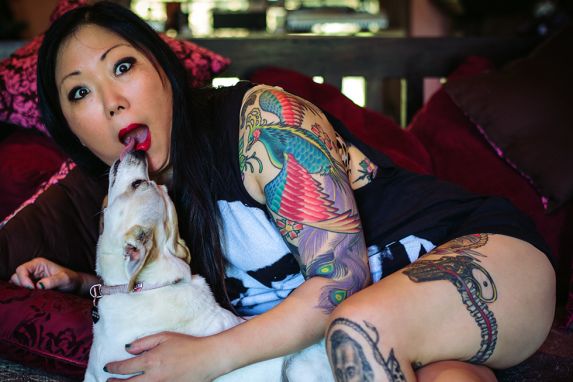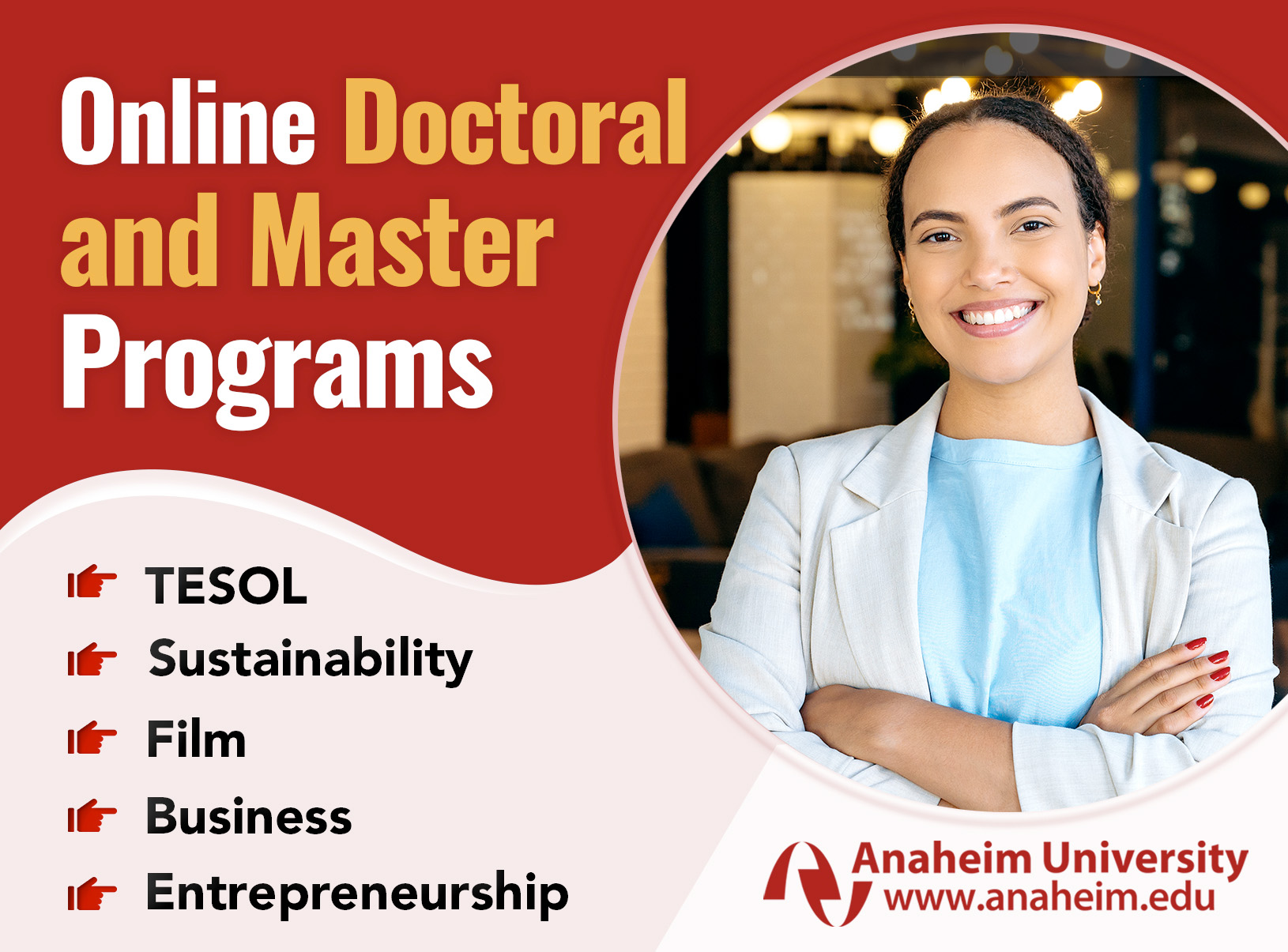
Comedic Shock and Awe for Social Awareness
Korean-American queen of comedy Margaret Cho unleashed her unique brand of no-holds-barred comedy on the world, starting with stand-up comedy and expanding into the worlds of film, television, books, music and theater, earning her three Grammy Awards and one Emmy nomination. No topic is taboo in her socially aware brand of comedy, and she has shared with the world her personal experiences with molestation, rape and work in the sex industry. She has been recognized for her charitable work with gay rights, anti-bullying campaigns and the homeless community, which grew out of a tribute to her friend, Robin Williams. Her latest stand-up comedy concert special “psyCHO,” which premiered in September 2015, is available On Demand on Showtime. Seoul Journal Executive Editor Anthony Al-Jamie spoke with Margaret Cho during her U.S. “psyCHO” tour.
SJ: It’s going to be challenging to cover your diverse career in a short amount of time, but I’m going to try.
CHO :It’s diverse, but it’s also the same thing, because it’s stand-up comedy and everything kind of emerges from stand-up comedy, and that’s what I always do as my livelihood.
SJ: Right. I read that your father wrote comedy in Korea. Is that correct?
CHO:Yes, he is an author. He has written historical anecdotes, like jokes, that would be used for public speakers. He was kind of gathering quotes. So he’s more of an archivist. But I definitely got my passion for writing from him and he encourages me all the time to write and express myself through writing.
SJ: Is there anyone else that gives you mentorship besides your father?
CHO: I think I get a lot of it from my family history in general. My grandfather was a minister and my other grandfather was a politician. So public speaking has always kind of been a part of my family. My mother is also a singer. So there are a lot of different aspects of performance that my family has engrained in its history.
SJ: So, your family is from Korea and you were born in San Francisco. Is that right?
CHO: Yes.

SJ: Can you tell us how you got started in your career? What was your first break-through? (laughs)
CHO: In the late ‘80s and early ‘90s, I did a lot of comedy on TV – Bob Hope’s “Young Comedians” special was probably one of the biggest things. I was on “Star Search,” “An Evening at the Improv” and MTV’s “1/2 Hour Comedy Hour,” so I launched my career doing stand-up comedy on television. And then I got a tenure – a sort of residency - on “The Arsenio Hall Show,” and I did that show countless times.
SJ: Were you one of the first Asian-American female comedians?
CHO: Yes, I’m the first Asian-American comedian who has achieved success that could be comparable to the white men that I was performing with (laughs). I know that there was another comedian named Tamayo Otsuki. She was Sam Kinison’s girlfriend, actually. She was a tremendously influential performer. I don’t know if she still does comedy. She incorporated a lot of her foreignness into her comedy, while I was really trying to talk more about my cultural confusion – having been from a Korean family, yet trying to do this job that was really not Korean. Doing stand-up comedy was sort of far from what it meant to be Korean, I think, for a lot of people.
SJ: Are there many Asian-American male comedians besides George Takei?
CHO: Nowadays, there are quite a few people. There’s Eddie Huang – better known as an author and the restaurateur who created the TV show “Fresh Off the Boat.” There’s Dr. Ken Jeong, who is a good friend of mine, and has a new show on ABC called “Dr. Ken.” He is a Korean-American comedian and a wonderful guy. He was actually a medical doctor until he was able to do stand-up comedy full time. Then there’s Bobby Lee, another wonderful Korean-American comedian. So we’re seeing a lot more Asian-Americans in comedy than ever before.

SJ: Do you feel that your Asian appearance helped you or hindered you in the process?
CHO: I think in comedy it helped because there was nobody like me in stand-up comedy, and one of the things about comedy that served me well is that need to have different voices. Also, there was a new style of comedy that was emerging, which I guess was alternative comedy, which is more of a confessional, brutal honesty kind-of-thing. So there were a lot of different things that helped me along as a comedian culturally and in my own development.
SJ: Your career has blossomed into acting and all kinds of different things with comedy!
CHO: Yes, and I love that. I’m very proud to have been able to do so many different kinds of work.
SJ: Is there one aspect of your career that you like the most?
CHO: I love doing stand-up comedy. To me, it is the truest sense of myself, and the truest art form, that I have the most experience with, that I love the most. So, it’s what I will always do.
SJ: What’s the most outrageous job you’ve ever had?
CHO: Perhaps trying to get into crazy reality TV like “Dancing with the Stars,” which is really nuts to do – very hard, or “Celebrity Wife Swap” which I just did and was really fun. So those are very different ways that I’ve been utilized as an actor, performer and an artist, and that’s very fun.

SJ: What about your plans for the future? Where are you heading with your career?
CHO: Well, I always want to do stand-up. That to me is the best part of my job. I love doing stand-up comedy. I also want to go behind the camera into development and produce programming that I like, so that’s what I’m just getting started doing now..
SJ: I understand that you’re an advocate and you represent the alternative sex community in many ways. Can you tell us about that?
CHO: I identify as bisexual and I’ve been working as an activist within the LGBTQ community for as long as I’ve been a comedian. And we just had a great triumph with the legalization of gay marriage and marriage equality being added to the Constitution. That’s incredible. I think this is an important thing and an important journey for me as an activist.
SJ: In what ways are you an activist? Do you incorporate it into your comedy or are you out there doing other things?
CHO: I do definitely bring it into my comedy. But also I have worked closely with different kinds of activism. Most recently, I did a homeless outreach that also raised a lot of funds and donations for the Larkin Street Youth Center in San Francisco, which is a home for LGBTQ homeless youth. So it’s taking different aspects of my work to create activism that I think is important. It’s hands-on work but it’s also in my comedy and social media and everything that is part of it.
SJ: How did your appearance on the Golden Globes come about?
CHO: Well, I’ve worked with Tina Fey on different projects. I’ve been on her show, “30 Rock,” a few times, and also gained an Emmy nomination for my work on her show. So it’s really gratifying to be able to work with her. And we were nominated for an Emmy, which is great for the Golden Globes. I wasn’t on the roster, but I’m very pleased to say that the show I was on was nominated.
SJ: And what about your routine on the Golden Globes?
CHO: I was a North Korean journalist, who was also a general in the army, so it was a lot of fun to be able to portray this character that is pretty difficult for my family to come to terms with, because I am Korean and my family has an intense relationship with North Korea. A lot of our family are still there, although we have had no contact with them for 65 years or something. So, I think a lot of Koreans, especially the older generation, have a lot of questions and a lot of anger towards North Korea because of the split. It’s a difficult thing and it feels like comedy is really the only weapon that we have against injustice.

SJ: Weren’t you concerned about upsetting North Korea?
CHO:Oh, everybody is, because it’s a scary entity. And they want a kind of censorship that is really unfair. They’re guilty of so many human rights violations over time. So this is an important thing. We want to know what’s happening in North Korea and we want to know what’s going on and we want to be able to talk about it. So, I think it’s great to have the opportunity to do so in comedy.
SJ:That takes a lot of courage to take on the North Korean government like that. Do you also have enough courage to take on the U.S. government?
CHO: Well, I am hoping the U.S. government can really be creative in a way that will serve its citizens. I think Obama has done a great job. I think he’s actually one of the best presidents ever. So that has represented some change and hopefully there will be more change and more hope for change in the next administration that’s up there.
SJ: What are you working on now? You’re on the road. Is that correct?
CHO: Yes, I’ll spend pretty much the rest of the year touring the world. I’ll do a big American tour, and then I’ll be going off to Europe at the end of that.

SJ: Where in Europe are you going to be performing?
CHO:Vienna, Berlin, all over Germany, Helsinki, London – everywhere that I’m trying to build more of a fan base, and reach out to different countries, which is really fun for me.
SJ: Are you writing a book?
CHO: Yes, I’m writing a book. It’s a memoir but it’s also a comedic look at what’s going on in the world, whether it’s Bill Cosby, Woody Allen, race and police brutality — a lot of different subjects. The way I attack all these things in my work is the way I want to go about it as an author, too.
SJ: Is Margaret Cho different than the Margaret Cho that we’ve come to know on stage?
CHO: I don’t think I’m different. I think I’m very similar. But some people say I don’t seem the same off stage. I developed a very strong stage persona because I started comedy so early. I needed people to take me seriously by being very forceful as a teenage girl, so I think I just retained that through time, but I feel like I’m the same.
SJ: What has been the most challenging part of your career to make it to where you are now?
CHO: I think trusting that I can do this. I think a lot of Asian-American kids often don’t follow their dreams, because they’re really encouraged by their parents to do what their parents want them to do. So it was turning against that and going for my idea of what I wanted to do with my life and I really am grateful for that. I think that might have been the most difficult thing











